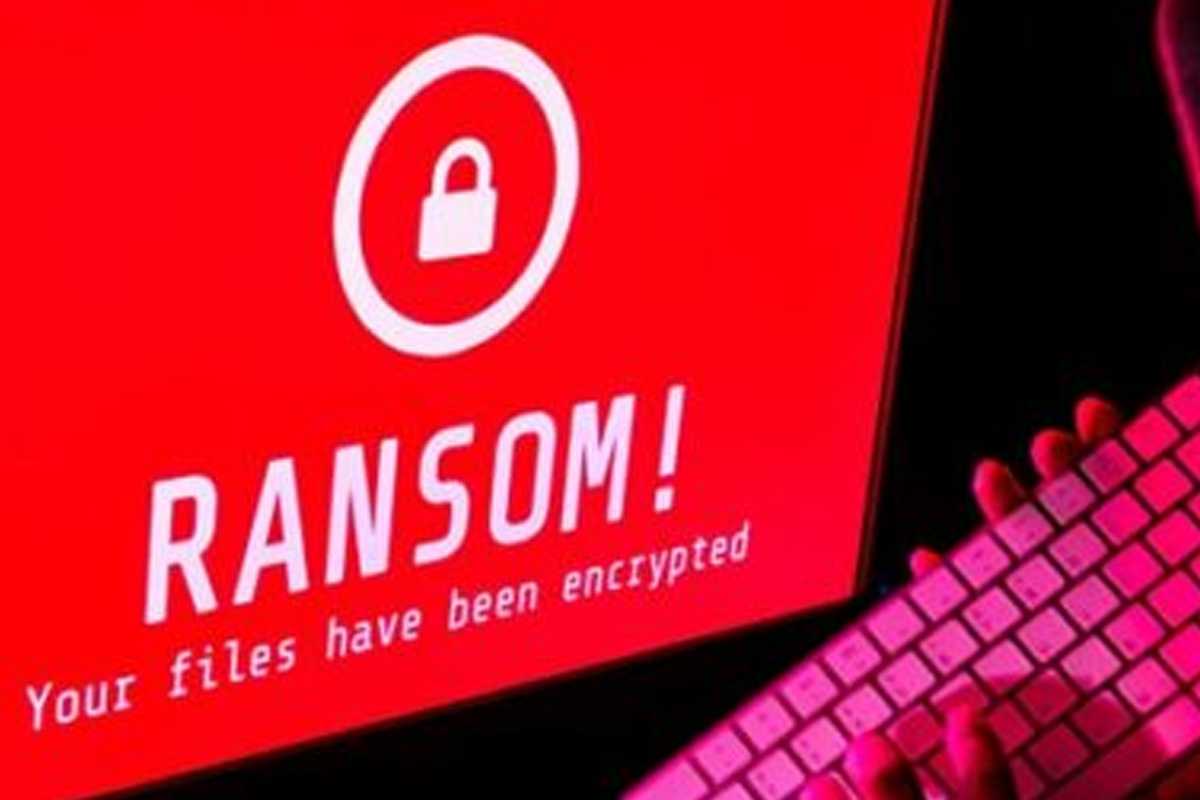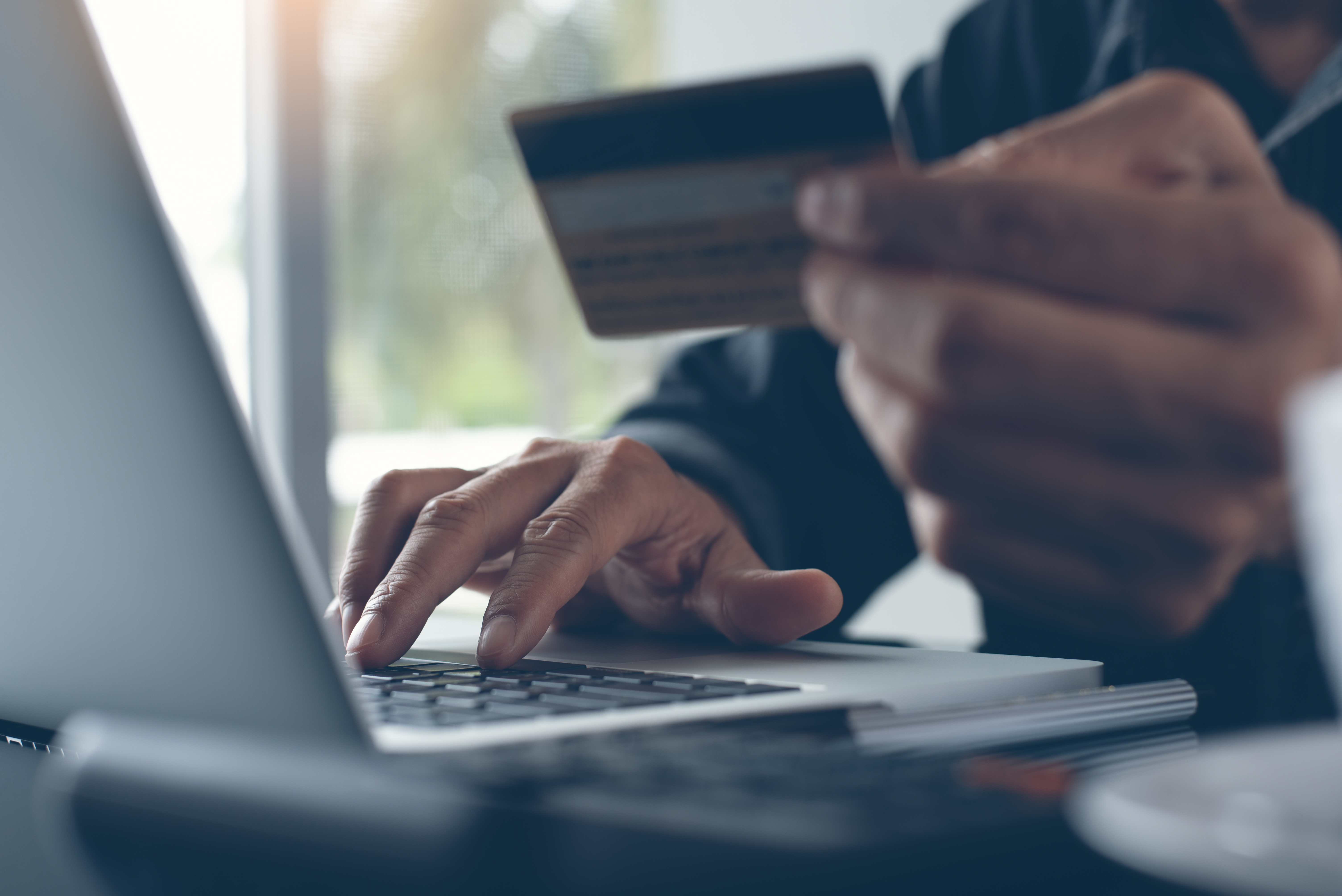A ransomware attack on your business may result in serious downtime and data loss. The malware can encrypt your data and lock down your entire system, making it impossible to use your computer or network. The perpetrators of the attack demand a ransom, usually in the form of cryptocurrency, in exchange for the encryption key that would unlock your data.
Downtime comes at a high cost. The longer your system is inaccessible, the longer your operations are paralyzed. You are unable to earn revenue during this time and you run the risk of losing your customers’ trust. These outcomes are why many ransomware victims end up paying the ransom, in hopes of restoring their data and resuming their operations as quickly as possible.
Experts, however, warn against following the attackers’ demands. In this blog, we’ll explain why paying the ransom is a bad idea and what you should do instead.
Why should you not pay the ransom?
Paying the ransom is playing right into the perpetrators’ trap. Ransomware gangs want your money, and by paying up, you:
Encourage their actions
Giving ransomware attackers money proves to them that their scheme works. It emboldens them to try their luck with other businesses and even target you again specifically in the future.
Worse still, ransomware gangs can use their “earnings” to improve their tech, hire more people, and launch more sophisticated attacks. Paying up indirectly finances other criminal activities, which means it not only perpetuates the problem but also makes it worse.
Increase your risk of attacks from other gangs
Like other cybercriminals, ransomware gangs typically want easy money, so they keep track of victims with a history of paying the ransom. This is why 80% of organizations that previously paid get hit again by ransomware attacks.
Are not guaranteed access to your data
Ransomware gangs won’t always give you back your information after you’ve paid up. In fact, research reveals that among the companies that pay the ransom, a third don’t actually regain their data.
Increase the cost of cyber insurance
Cyber insurance shields businesses from damage caused by cyberattacks and other internet-based threats. As mentioned above, paying the ransom increases your likelihood of suffering another cyberattack. This makes you a high-risk client, which means insurance companies will charge you considerably higher premiums.
What should you do instead?
The most cost-effective approach to ransomware is a preventive one. At the end of the day, it costs less to stop ransomware attacks before they happen than to pay the ransom and deal with the incident’s aftermath.
Follow these tips to fortify your business against ransomware attacks:
Update firmware and operating systems (OS) on all work devices
Software updates do not just improve programs’ capabilities, but they also plug up security holes that cybercriminals can exploit to infect your network with ransomware and other malware. All devices that access and process business data, including personal laptops, smartphones, and tablets used for work, must have up-to-date firmware and OS.
Educate your staff on cybersecurity best practices
Even if you were to implement high-tech cybersecurity solutions, your business can still suffer a ransomware attack if your employees don’t know proper online hygiene. For example, ransomware often spreads through phishing emails. If your employees can’t spot and report these types of messages, then your business is still at risk.
Therefore, you must train your employees on cybersecurity best practices, such as not clicking on links or attachments from unknown senders and not downloading files from unverified sources. You should also teach them to identify tell-tale signs of phishing emails, such as inconsistent grammar and formatting and spoofed email addresses.
Regularly back up your data
One of the best ransomware prevention tips is to regularly back up your data. This way, even if your network does get infected, you won’t have to pay the attackers to get your information back because you can just retrieve it from your backup.
For optimal security, you should follow the 3-2-1 rule of creating data backups. This rule ensures that you have at least three copies of your data, two of which are stored on different media, and is kept off-site.
Invest in ransomware protection
There are specialized tools that can protect your business against ransomware. These ransomware prevention tools use artificial intelligence to identify ransomware-like behavior and block the malware before it can do any damage.
Ransomware is a rapidly evolving cyberthreat, which means no business is entirely safe from it. However, you can take steps to minimize its effects and secure your business’s continued operations even during an attack.
At Complete Technology, we can recommend solutions to augment your defenses against ransomware and monitor your network for other cyberthreats. We can also help you implement these solutions so that cyberthreats can’t compromise your business’s operations. Learn the many ways we can improve your cybersecurity by contacting our IT specialists today.







